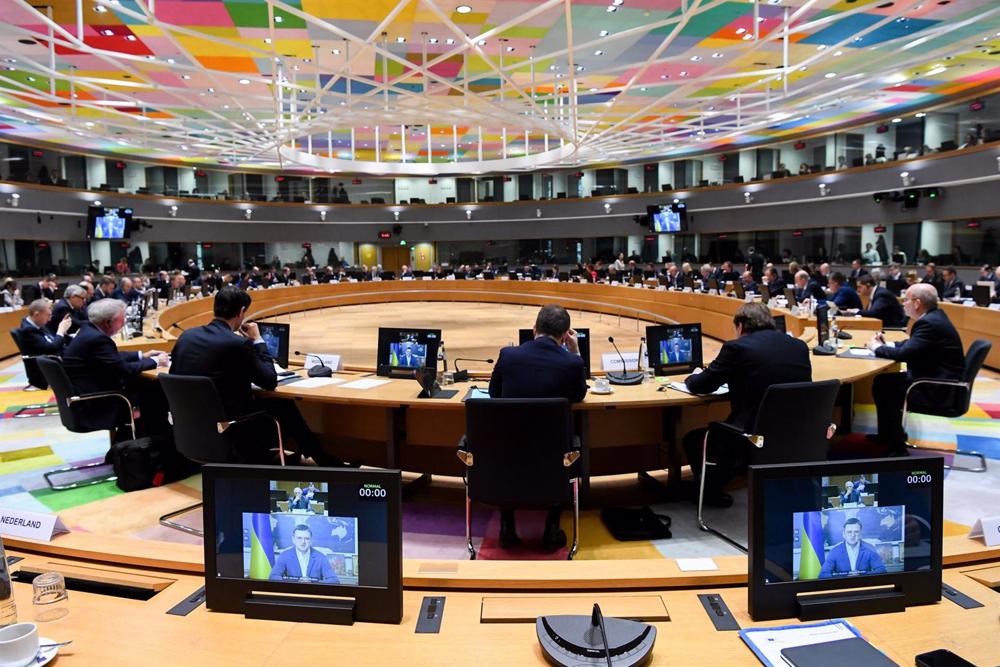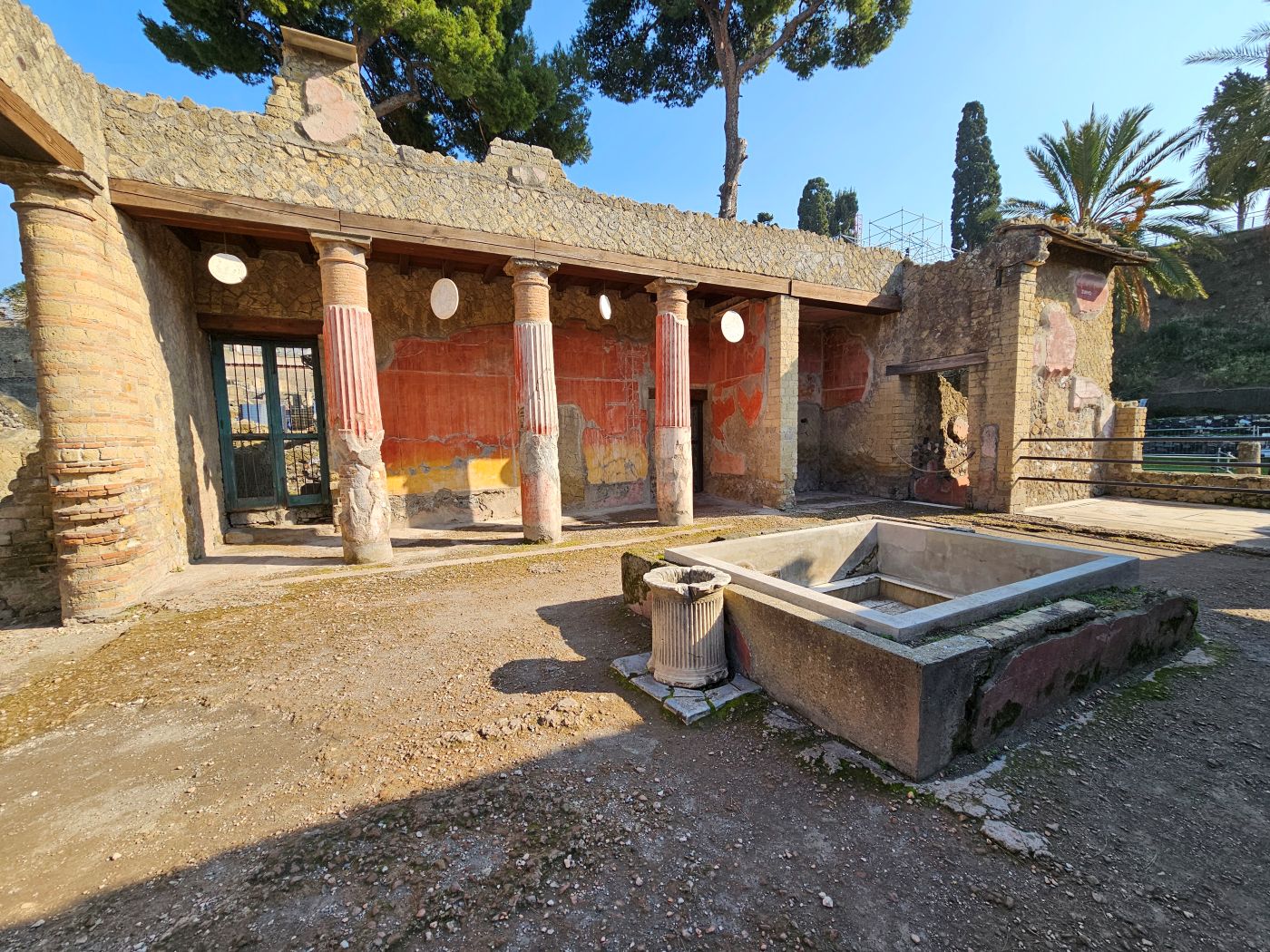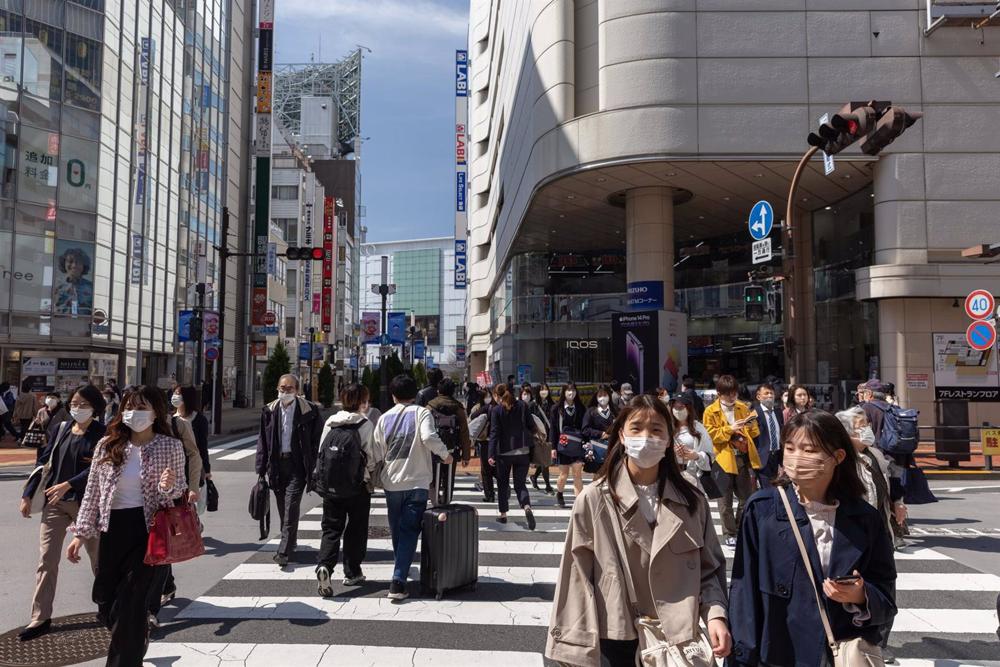
The European Union on Monday adopted a new round of sanctions against 18 individuals and 19 entities responsible for human rights violations in Iran over the authorities’ crackdown on pro-democracy protests following the death of young Masha Amini.
With this decision, the EU-27 foreign ministers are stepping up the pressure against Tehran with a fourth round of measures in response to the spiraling violence of the regime, which has persecuted protesters and sentenced to death and executed several since last September, when the death of the young Kurdish woman in police custody sparked a cascade of protests in the country.
The new sanctions include Iran’s Minister of Sports and Youth, Hamid Sajjadi, who is accused of persecuting sportsmen and preventing them from speaking out internationally against repression in Iran, as well as several governors of different regions of the country and commanders of the Islamic Revolutionary Guards Corps.
The EU-27 also added 19 entities to the ‘blacklist’, including several regional bodies of the Islamic Revolutionary Guards Corps, the Special Forces of the Iranian Police or the Central Office for Ordaining Good and Prohibiting Evil, all institutions accused of unleashing violence against demonstrators in Iran.
The sanctions also extend to several technology companies that provide cybersecurity services to Tehran and that, according to the EU, promote censorship and surveillance against protesters on social networks.
«To the Iranian people: we are listening to you,» said the President of the European Council, Charles Michel, who said that the EU will continue to support the aspiration for «freedom and dignity» of the Iranian protests. Michel said that this new round of sanctions is a «clear message» that the EU will not stand still in the face of human rights violations in Iran.
IRANIAN REVOLUTIONARY GUARD On the table of the Foreign Affairs Council was also the debate on designating the Iranian Revolutionary Guard as a terrorist organization in the EU, an issue that countries like Germany are pushing for but that does not have the consensus of the Twenty-Seven and on which there was no formal proposal.
In statements prior to the meeting, the EU High Representative for Foreign Policy, Josep Borrell, stressed that this step requires a judicial decision. «First you need a court decision. You can’t say, ‘I consider you a terrorist because I don’t like you,'» he said from Brussels.
In this sense, he explained that there must be a concrete condemnation and then work will be done at the European level to study this inclusion, which, however, Tehran has threatened that it will bring «devastating consequences» for the nuclear agreement that the EU has been seeking to revive for months and that European diplomatic sources advise against, understanding that it «prevents progress on other issues» with the Iranian regime.
Source: (EUROPA PRESS)






